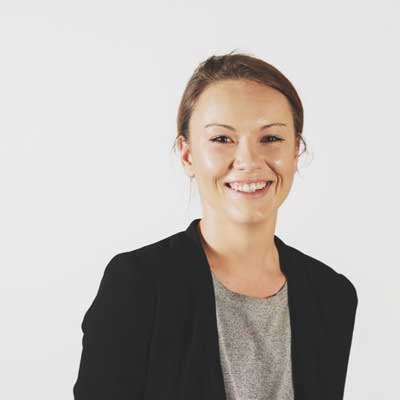Alum Success Story: Regan Price

Name: Regan Price
Degrees: B.A. in philosophy from VCU, 2020; M.P.A. from Virginia Tech, 2022
Current role: Public Administration Intern, United Nations Department of Economic and Social Affairs (Division for Public Institutions and Digital Government)
Philosophy taught me how to engage in deep analytical thinking and to consider the fact that I am probably not right in what I think, or at least not completely, so I should listen to what other people have to say and decide who has the best argument.
When did you graduate from VCU?
In 2020, with a B.A. in philosophy, in the ethics and public policy concentration.
Where did your career path take you post graduation?
After graduating from VCU, I [served in the] summer AmeriCorps VISTA program at Feeding Southwest Virginia, a regional food bank serving families in the southwest Virginia area.
Following that, I began and then completed my master of public administration in 2022 from Virginia Tech. During my time there, I was hired as a general assembly fellow/graduate assistant at the Office of Government and Community Relations at Virginia Tech, Office of the President, where I served alongside senior staff members to lobby on issues relating to education during the 2021 and 2022 Virginia General Assembly Session.
During the summer after my first year of graduate school, I worked as a research assistant for a nonprofit consulting firm, working on projects related to equity in workforce and economic development, and workforce development for people with disabilities. I wrote a white paper on using state incentives to close workforce participation gaps between people with and without disabilities alongside one of my former managers at the consulting firm during the course of my last year of graduate school.
What is your current role?
Currently, I am a public administration intern at the United Nations Department of Economic and Social Affairs, Division for Public Institutions and Digital Government. I will soon be transitioning to international non-governmental organization (NGO) work in the field of gender equality.
What is your take on how a philosophy degree prepares students for success in their future careers?
I think that philosophy taught me how to engage in deep analytical thinking and to consider the fact that I am probably not right in what I think, or at least not completely, so I should listen to what other people have to say and decide who has the best argument. It made me realize how much I do not know and humbled me to not make assumptions before acting or thinking through my decisions and the reasons for my decisions. In essence, it made me a good critical and analytical thinker and a good writer.
Further, studying ethics is helpful in my career in public administration. Essentially, every public management, policy or program decision at its core is asking oneself not what can we do about any one public problem but what should we do to solve a public problem (or if we should try to solve any one problem at all). So, there is a lot of normative analysis that goes along with my work.